Zap menopause symptoms and balance hormones.
Key vitamins and minerals are a woman’s best friend to zap menopause symptoms and balance hormones. Thankfully supplying missing minerals and vitamins can help quell symptoms like anxiety, depression, insomnia, fatigue, bloating, and irritability that are often the result of low tissue levels of a vitamin or mineral. The good news about symptoms caused by vitamin or mineral deficiencies is that they can usually be brought under control through simple dietary changes and by taking the proper dietary supplements.
The Perimenopause Supplement Lineup
Magnesium
Think of magnesium as a hormone rescuer. Magnesium has a role in the production and regulation of hormones, preventing excess cortisol, increasing insulin sensitivity, and allowing the production of thyroid hormone. It can help slow aging by reducing oxidative stress, supporting production of the protective antioxidant glutathione, and keeping telomeres (the ends of chromosomes) long, tight, and together, which also reduces the risk of cancer.
Food sources: spinach, pumpkin seeds, figs, dark chocolate
B Complex
B vitamins support general functioning and are necessary for breaking down nutrients as well as utilizing
them in the body. They consist of an interrelated group of vitamins, including some familiar food label ingredients: thiamine (B1), riboflavin (B2), niacin (B3), pantothenic acid (B5), pyridoxine (B6), folate, and biotin. Since the early 1940s we have known that a lack of B vitamins is responsible for a multitude of health problems, especially for women. Without B vitamins, the liver cannot sufficiently perform its hormone balancing act. It needs B vitamins to metabolize hormones, which in turn evens out hormonal levels and prevents estrogen dominance.
Food sources: dark leafy green veggies, red kidney beans, peas, lentils, broccoli, asparagus, avocados
Vitamin B6
Vitamin B6 (pyridoxine) has often been called “every woman’s guardian angel” because of its power to relieve perimenopausal symptoms, particularly water retention and bloating, skin eruptions, mood swings, and even depression and anxiety. High concentrations of B6 increase the synthesis of the neurotransmitter dopamine and inhibit secretion of the milk-stimulating hormone prolactin. Th is also alleviates irritability and nervous tension.
Food sources: grass-fed beef, pinto beans, pistachios
Folate
This vitamin is all about growth and production. It is essential to cell division and the construction and repair of genetic material. Folate supports neurotransmitter generation, including the generation of serotonin and dopamine. It has expansive benefits for cardiovascular health, especially as it relates to the methylation process and its ability to lower homocysteine levels, which are considered hazardous to the heart when elevated.
Food sources: beets, broccoli, pinto beans, spinach
Vitamin E
Itchy skin, a susceptibility to infections, and varicose veins are all symptoms of low levels of vitamin E in your body. For perimenopausal women, vitamin E is a marvelous remedy for vaginal dryness, hot flashes, breast tenderness, and fibrocystic breasts, in dosages ranging from 400 to 1,200 international units per day. Interestingly, many experts feel that, at the cellular level, vitamin E is similar to estrogen and therefore functions as a natural hormone replacement! For women generally, this vitamin promotes heart health, good skin, and overall physical and emotional well-being. Vitamin E suppositories and ointments dramatically soothe vaginal dryness.
Food sources: almonds, spinach, sunflower seeds
Iron
Iron is an ingredient of hemoglobin and, in the right biochemical amounts, is a carrier of oxygen throughout the body. It helps to contribute to strong blood and a well-functioning circulatory system, preventing cold hands, fatigue, lusterless hair, and pale skin. When you have iron-deficiency anemia, you feel tired and cold all the time, and have listless hair, pale, dry skin, and dark circles under your eyes. Lethargy, lack of concentration, headaches, and irritability can be symptoms as well. You can become anemic through loss of iron-rich blood in menstruation. Heavy physical exercise, pregnancy, or nursing significantly increases your need for iron.
Food sources: spinach, spirulina, grass-fed beef, sardines
Zinc
Zinc is of particular importance to perimenopausal women for bone formation. This mineral assists in the absorption of vitamin D and is essential for osteoblast (responsible for bone formation) and osteoclast (responsible for bone reabsorption) formation. Research studies on women of various ages have shown that zinc supplements help slow bone loss as well as boost compromised immune systems. Zinc supplements have recently been shown to fend off certain viruses too, including the common cold. If you have low tissue levels of zinc, you are more likely to have perimenopause symptoms.
Food sources: lamb, chickpeas, mushrooms, cashews, pumpkins seeds
Vitamin D
No conversation about balancing hormones, especially during perimenopause, is complete without vitamin D, which itself is actually a steroid hormone. This potent mood booster, nicknamed the “happy vitamin,” has few dietary sources and mainly comes from sunshine. Like magnesium, vitamin D supports calcium absorption, helping to create strong bones. Vitamin D is so integral to bone health that
vitamin D deficiency can lead to osteoporosis, osteomalacia, and rickets, all of which involve weakened bones. It also plays a role in cell growth, neuromuscular function, and the immune system, and can lower inflammation. Emerging results from animal and epidemiological studies suggest that vitamin D can prevent and improve metabolic conditions, such as both types of diabetes and glucose intolerance, as well as other conditions like hypertension and multiple sclerosis.
Food sources: salmon, tuna, mackerel, mushrooms
Your Specific Analysis
To discover exactly which missing minerals are making your menopause miserable, I recommend taking a Tissue Mineral Analysis through UNI KEY Health. This simple at-home test requires a small sampling of hair that you pop in the mail to the lab.
Hair analysis provides an accurate reflection of the body’s mineral needs when you consider the following: Hairs develop in skin follicles. As the hair cells grow in the follicle, they are exposed to blood, lymph, and extracellular fluids. Once the hair emerges from the follicle, its outer layers harden and thus lock in place the metabolic products that are present. This provides a lasting biological record of the metabolites that were present when the hair emerged.
While some foods in our modern world have been stripped of the full level of nutrients they once had, armed with the right knowledge—and the right supplements—you can restore your well-rounded diet.
For more information about my tried-and-true techniques that have stabilized the hormones of countless women across of the world pre, during and post menopause, order your copy of the fully updated and expanded version of my New York Times bestseller Before the Change today. All orders also gain access to FREE bonus gifts!

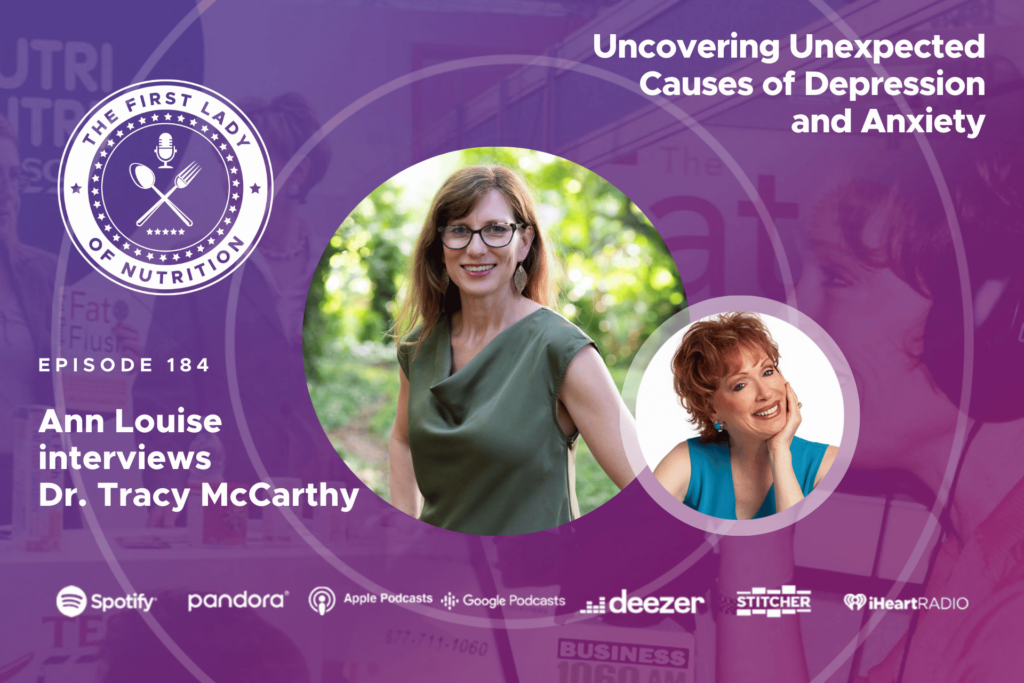
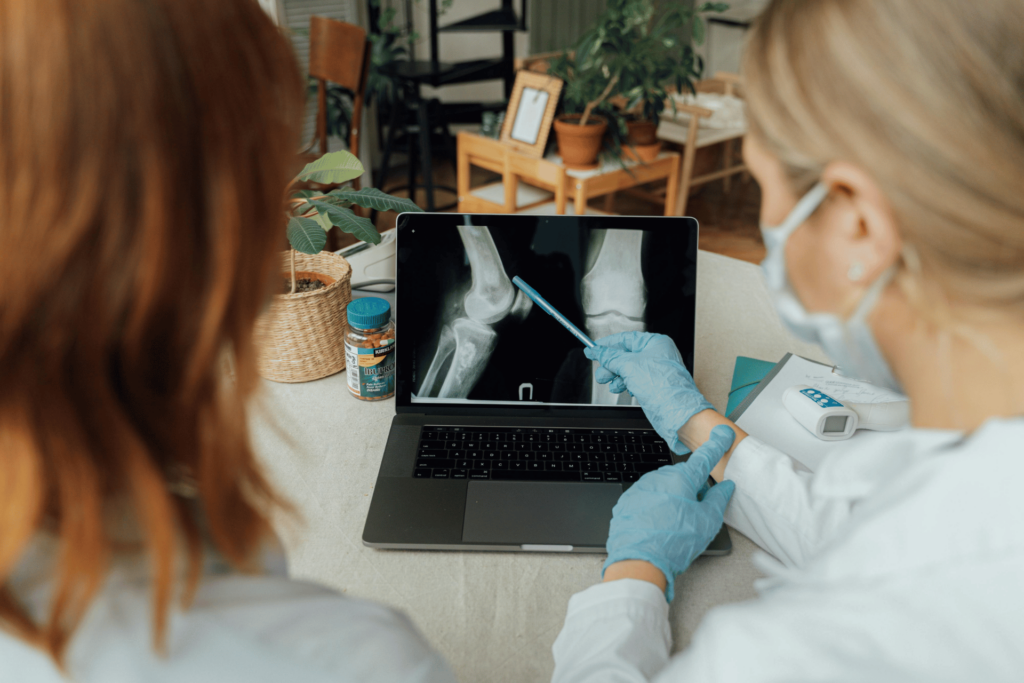
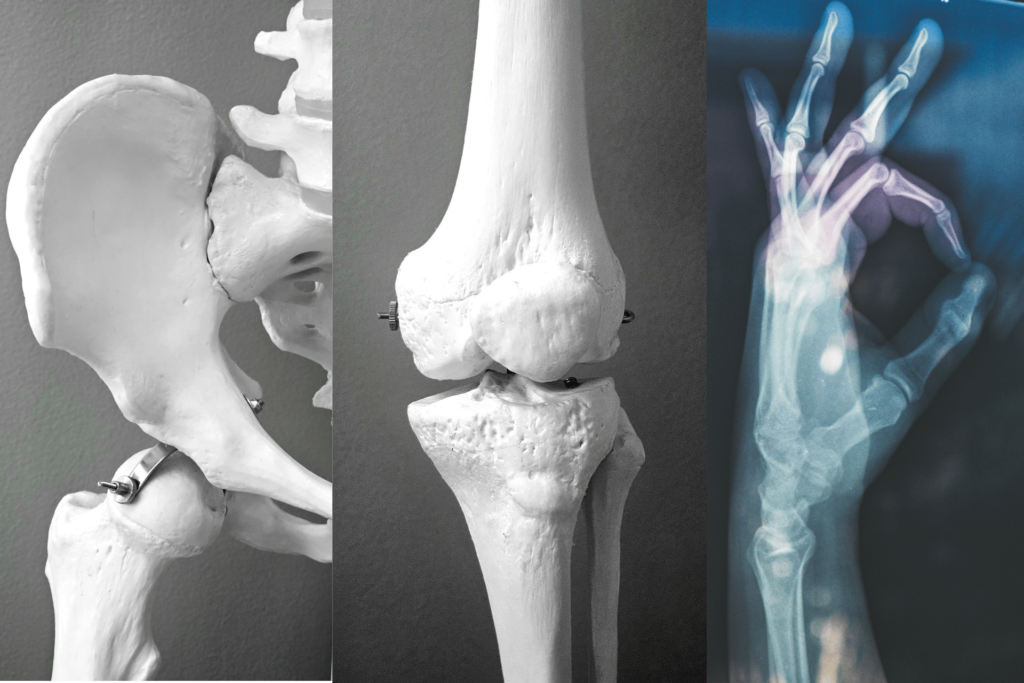




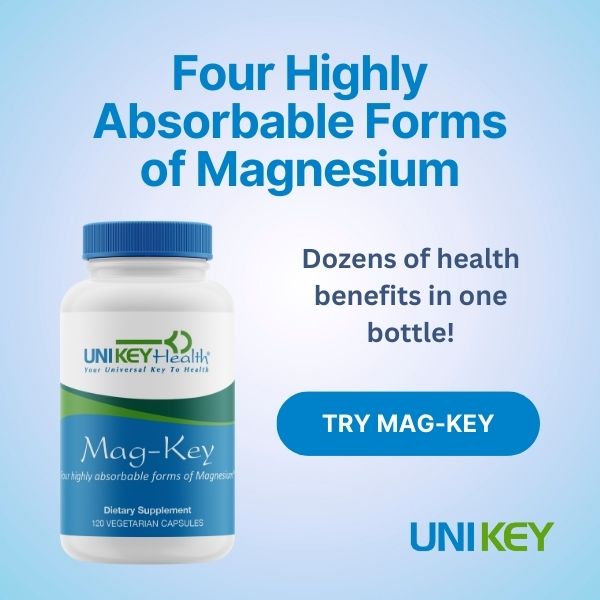
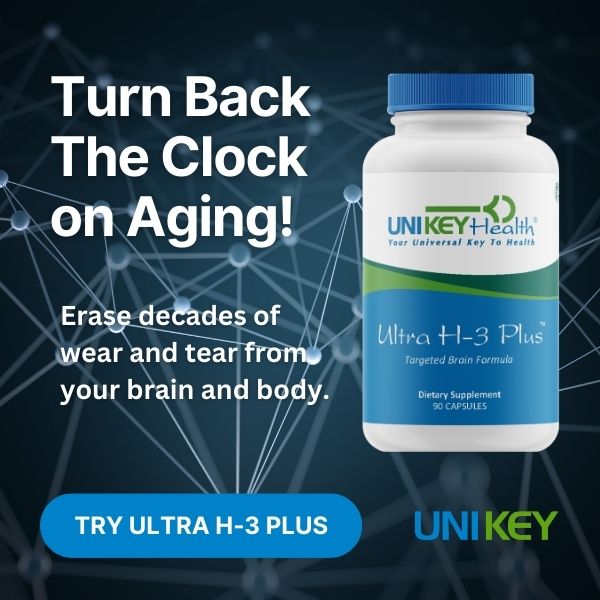
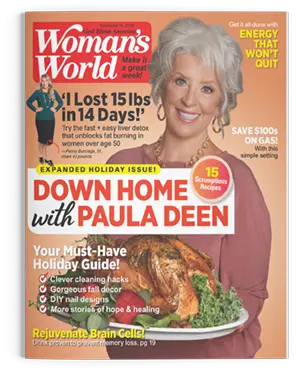
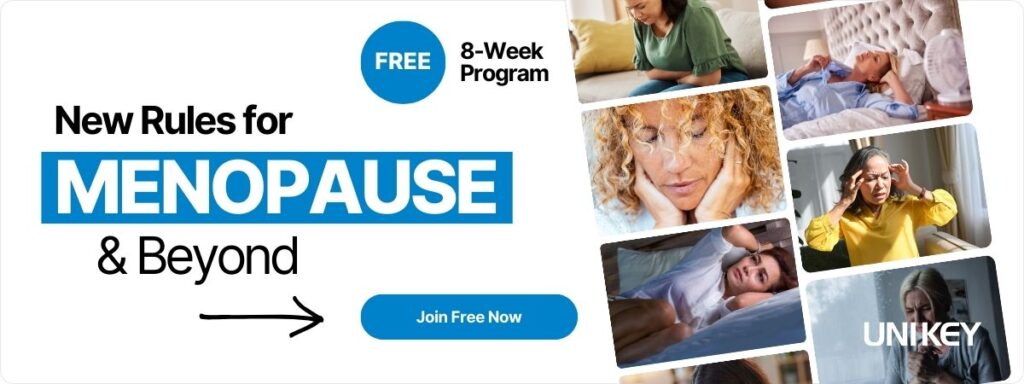
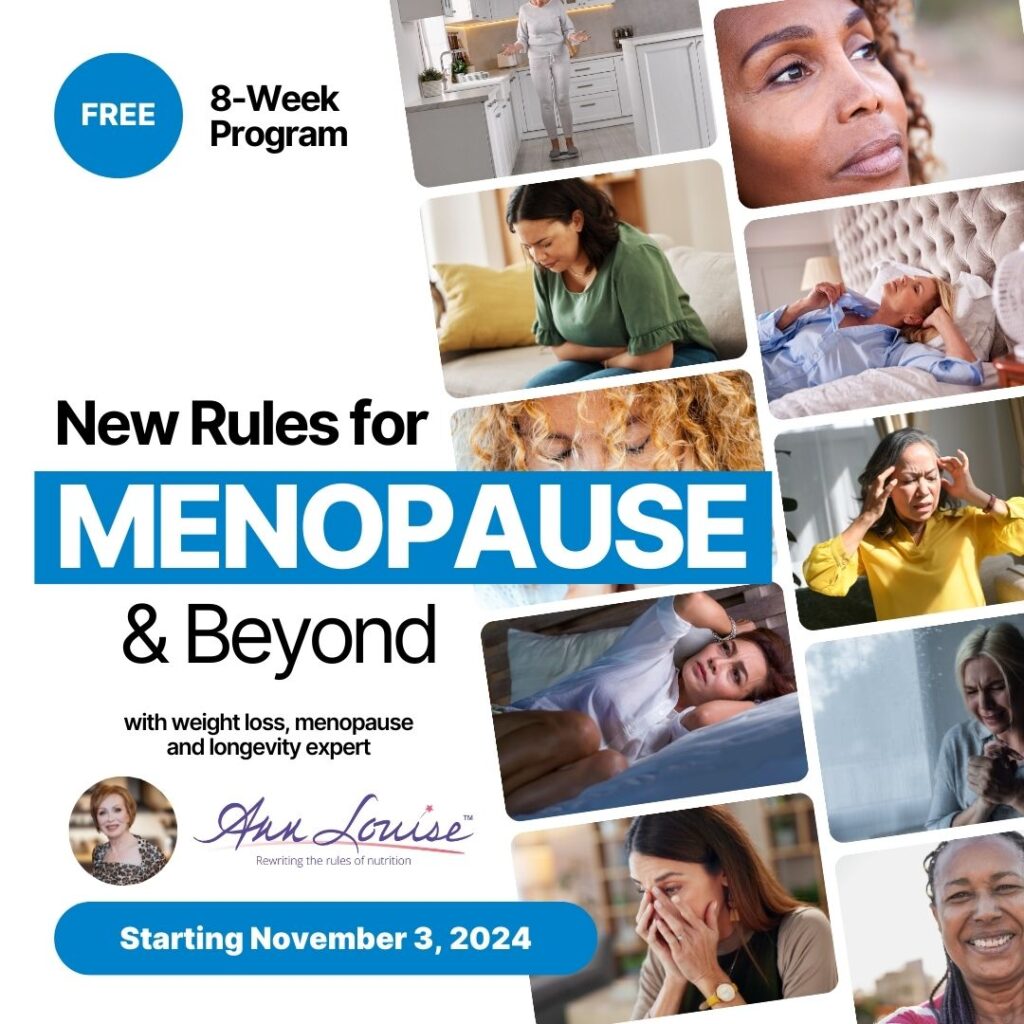
28 Responses
Will hair color affect the Tissue Mineral Analysis?
It can so you can use publc hair or fingernails , Brenda!
Do you have any recommendation to correct double vision? Mine is the kind that happens with age–double at a distance, but not close up. For example, it is not doubled when reading, or using the computer. I use prism eyeglasses for just “living”, but change to readers to read.
You may be deficient in vitamin B12. Be sure to take a methylated form of this vitamin to assure maximum absorption.
What is best magnesium?
Thanks for your question, Meredith. ALG likes Mag Key, a formula she put together with four of the most bioavailable co-factors for magnesium assimilation.
Could the tissue mineral analysis prepare my 25 year old daughters body to be balanced for pregnancy?
Dear Janet: Thank you for your post. We believe that a TMA with a 6 panel salivary hormone test would be ideal for your daughter.
So fingernail or toenail clippings with out Polish can be used to view nutrient deficiencies?
My question would be the deposits in hair or nails gives you a 6 months prior analysis does it not
Not a current picture!
Willing to do whole family but we have not been on our healing Keto diet for cell healing of a vaccine injury.
Help, can I call and chat with someone?
Dear Calle: According to our lab, both fingernails and toenails will provide a three month window into current patterns now. Call Liz at 208-209-8253 at your convenience. She is the UNI KEY nutritional consultant. Thank you for your questions.
I just had a perm, will this be ok to do?
Dear Ellen: In light of your perm, it is best to use pubic hair or finger/toenails. Thank you.
I would have loved to have known all this when I was going through my early menopause! Happy to know this now. Great info.
Could you please post the eye drops you recommended for floaters in an earlier blog.
Thank you for helping all of us with your wisdom and information.
Marie: You can purchase Dexterity Health Liquid MSM with Vitamin C that ALG mentioned for floaters. Thank you for your kind words.
Wondering what lab you use for the htma. Thank you
Mary: Trace Elements is the lab we use.
recommendation for dry eyes?
Dear Rosalie: ALG likes a combo of fish oil and GLA for dry eyes.
do you take the same supplements for dry eyes and dry creepy skin?
Holly: yes they also work for dry skin.
Any special supplements to support sluggish metabolism and constipation after menopause?
Does the new book “Before the Change” address those of us who are way past menopause, 65 yrs old, yet still experiencing imbalanced hormones- no sex drive and a few hot flashes ? Any suggestions?
Yes, you will find the information you need to balance your hormones and get rid of symptoms at any stage including post menopause.
Hello!
I need help! I’ve had pelvic/lower back pain since July and my estrogen and progesterone levels are low, I am 51 and haven’t had any sign of my cycle since July! I really think there
is connection, as I’ve never had this type of pain before! Any suggestions, would be awesome!
Thank you!
Barbara
Barbara, if you have already consulted your doctor about your situation, I suggest that you schedule an appointment with Ann Louise to discuss this. Here’s the link to contact her.https://annlouiseprod.wpengine.com/become-inner-circle-client/
My anxiety, depression are my worst symptoms of menopause. 53 now. Had my partial hysterectomy at 40. Been suffering on and off. Can’t take any antidepressants. Any suggestions greatly appreciated
Mimi, Ultra H-3 has helped many women who suffer from anxiety and depression. It rejuvenates at the cellular level and positively effects your neurotransmitters. https://unikeyhealth.com/products/ultra-h-3